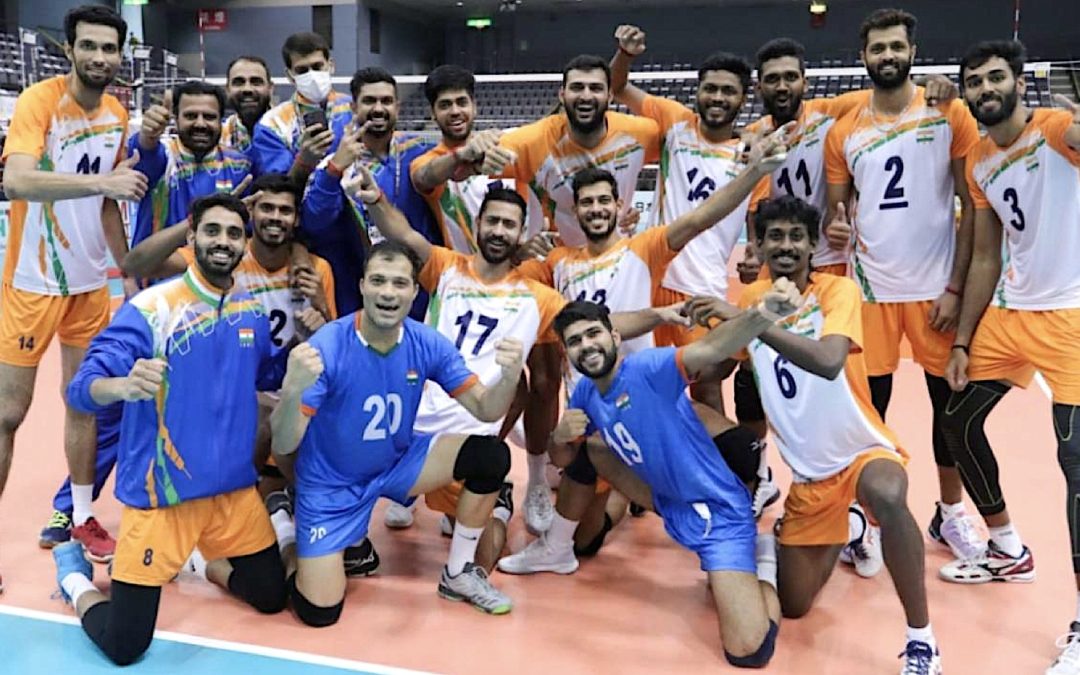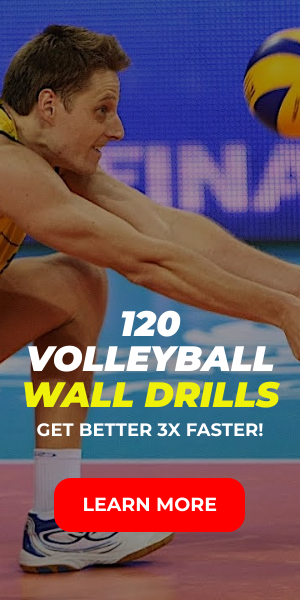An effective volleyball team requires strong teamwork. Teamwork drives the complex series of movements that comprise an outstanding offensive or defensive play.
Best teams at all levels communicate during rallies to maintain good team chemistry. Communication becomes even more crucial on defense when players must relay whether or not they are switching or staying with their assigned screener.
Teamwork
Successful volleyball requires teamwork. A healthy team culture binds individual efforts together into an effective collective, elevating everyone involved. To foster such unity on and off the court, collaboration and mutual support should be fostered regularly.
Teamwork extends beyond just physical coordination—it thrives on trust, understanding, and shared goals. For example, players can improve their synchronization by studying professional games, much like basketball teams analyze strategies to improve their gameplay. Platforms providing insights into NBA betting odds often showcase key trends and strategies that sports enthusiasts can draw parallels to, further enhancing their understanding of teamwork in high-stakes scenarios.
Effective communication is vital to creating strategic team plays and executing them efficiently during games. To encourage open and clear dialogue among teammates and teach players how to communicate via nonverbal cues such as hand signals and eye contact effectively.
Building camaraderie and friendship bonds through engaging team-building activities is one of the best ways to foster cohesive teamwork. Through such activities, players become familiar with one another while feeling comfortable expressing their thoughts, concerns, or ideas in front of each other. Team bonding exercises also serve to build trust between members while increasing communication throughout games, leading to greater cooperation during matches.
Communication
Teamwork is essential in every aspect of life, but particularly so in sports. Being part of a sports team teaches you to work collaboratively with others, take constructive criticism seriously and make decisions that benefit all group members – skills which you’ll use later in other areas of your life.
An essential factor of volleyball success lies in clear communication. When in a match, players need to know where the ball is and what kind of play is underway in order to avoid confusion on the court and respond quickly and confidently.
Encourage your teammates to communicate clearly during practice, and engage them in fun and engaging team bonding activities that foster an open environment of communication among teammates. Coaches and leaders should model core values of their team such as punctuality, preparation, fair competition to instill integrity and passion within their teammates both on the court and beyond.
Offense
Volleyball is an engaging, fast-paced sport in which teammates must work closely to execute offensive plays. From setters orchestrating attacks and liberos specializing in defense, each member of a volleyball team plays an essential part in producing successful results on the court.
Team synergy is what separates good teams from great ones. To build such harmony, athletes and coaches often study team dynamics and seek inspiration from successful organizations in various sports. Platforms like Melbet Mongolia FB provide opportunities to explore sports communities and discover insights that can help players refine their strategic approach, making their teamwork even more effective.
Effective communication in volleyball is critical for keeping all parties on the same page during a match. By announcing free balls, calling for sets, and marking service areas players can communicate their intentions clearly and efficiently.
Communication in volleyball is also crucial for coordinating defensive play. Front row players must communicate to the backrow what type of attack is expected from an opposing team so all members of defense can adjust appropriately; this may involve using terms like “bounce” or “tip,” which identify what kind of attack may come next. By effectively communicating their defensive strategies and being prepared for all eventualities.
Defense
Volleyball demands coordinated and synchronized play from its participants. Defensive team strategy must also be effectively communicated, so the entire squad understands their game plan.
Reading hitters is also essential in defense. Their body language, approach and eye movements provide vital clues as to their intent of hitting in a particular direction or not.
Effective defense means being able to quickly transition between defensive actions. This enables teams to capitalize on hard-won defensive stops while keeping control of rallies under their own management, and ensures defenders don’t become disoriented or distracted from their roles.
Fostering teamwork is vital to creating a vibrant culture and improving performance both on and off of the volleyball court. By setting core values and setting SMART goals, coaches can establish a shared vision that takes their team forward; encouraging open communication can strengthen relationships among teammates while creating a sense of belonging among players.





